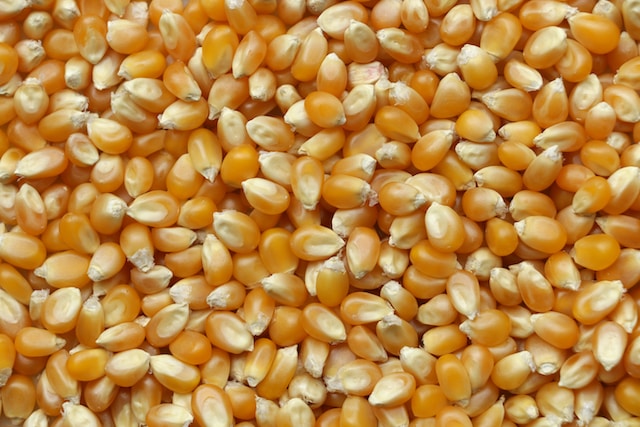The longstanding trade relations between the United States and Mexico have encountered a fresh hurdle with the recent escalation in the corn trade dispute. This trade spat has now reached a new level of intensity as the United States formally requests a dispute panel to address the ongoing conflicts. The implications of this move have sent ripples through international trade circles, sparking discussions about the future of agricultural trade between these neighboring nations.
Background of the Dispute
The US-Mexico corn trade dispute can be traced back to a series of disagreements over tariffs and trade practices. Historically, Mexico has been a significant importer of corn from the United States, making it an essential market for American farmers. However, various factors have contributed to the growing tensions in this trade relationship.
One of the primary sources of contention is the tariffs imposed by Mexico on American corn imports. These tariffs were initially introduced as a response to US tariffs on steel and aluminum. Despite the renegotiation of NAFTA into the USMCA (United States-Mexico-Canada Agreement), which was aimed at modernizing trade relations, the corn trade issue remained unresolved.
The Escalation: Dispute Panel Request
In a bold move, the United States has escalated the dispute by formally requesting a dispute panel to address the ongoing issues. This step, taken under the framework of the World Trade Organization (WTO), marks a significant shift in the dynamics of the conflict. The dispute panel request indicates that the United States is determined to seek a resolution through formal channels, potentially leading to sanctions or penalties against Mexico if the panel rules in favor of the US.
The request for a dispute panel has caught the attention of trade experts and policymakers, raising concerns about the potential repercussions for both countries and the broader international trade landscape.
Implications and Potential Impact
The escalation of the US-Mexico corn trade dispute has wider implications beyond just the agricultural sector. As trade tensions intensify, there’s a risk of a ripple effect affecting other industries and sectors. The US-Mexico trade relationship is deeply integrated, with various products and commodities flowing across borders daily. A prolonged and escalating dispute could disrupt these supply chains, impacting businesses on both sides of the border.
Furthermore, the dispute panel request highlights the significance of adhering to international trade agreements and norms. The outcome of this dispute could set a precedent for how trade conflicts are resolved within the WTO framework, potentially influencing future trade negotiations.
Future Prospects and Conclusion
The request for a dispute panel marks a turning point in the US-Mexico corn trade dispute, underscoring the escalating tensions between the two nations. While the road ahead remains uncertain, the international community will closely monitor the developments and their potential impact on trade relations between the United States and Mexico.
As negotiations proceed and the dispute panel convenes, it’s crucial for both parties to consider the broader consequences of their actions. Finding common ground and reaching a resolution that benefits both countries’ economies should be a priority, not only for the sake of their bilateral relations but also to maintain the stability of the global trade ecosystem.












